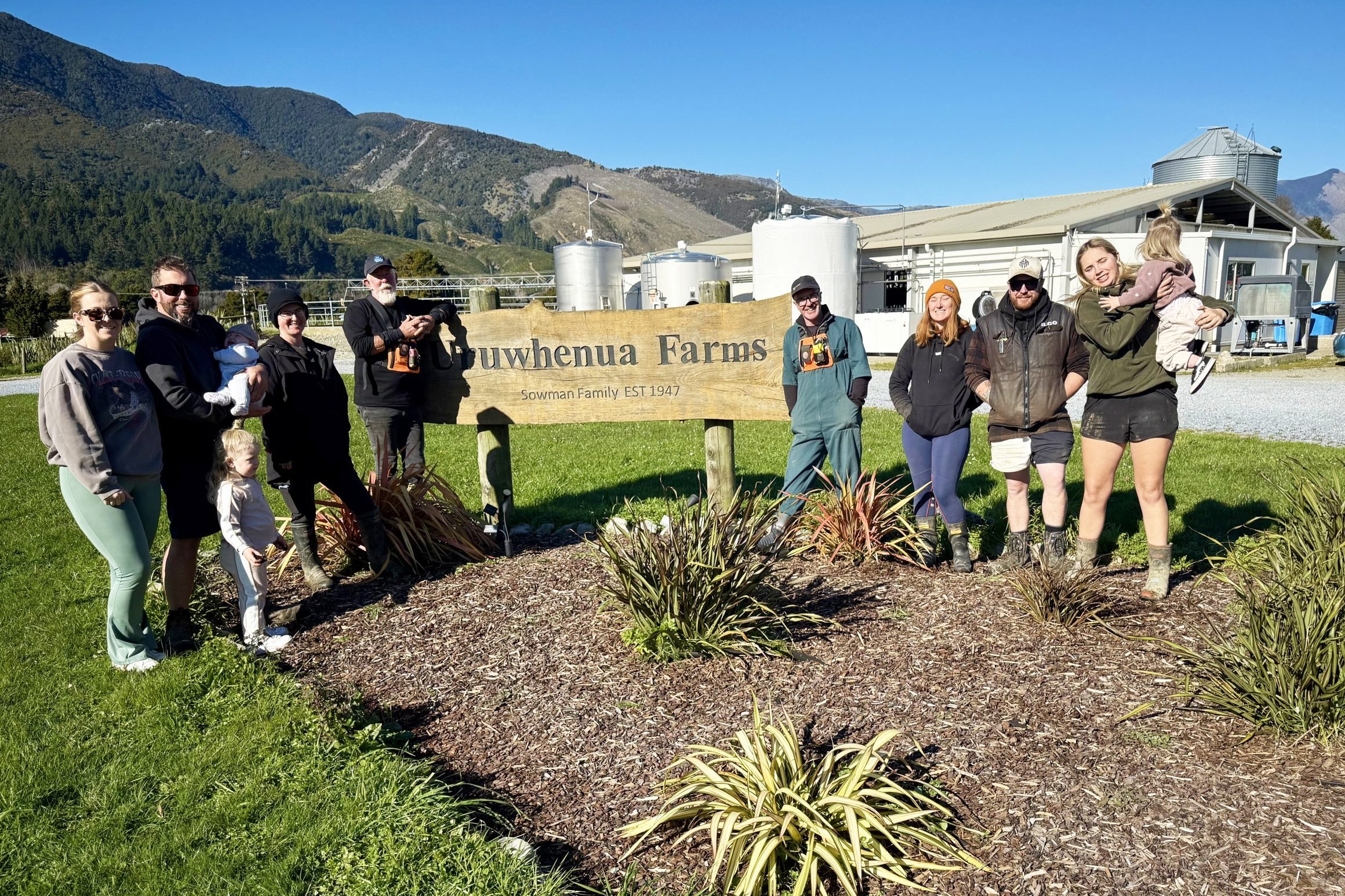Words: Tim Fulton
 Pim Borren took over at OSPRI and found an unhappy workforce and claims of shonky systems.
Pim Borren took over at OSPRI and found an unhappy workforce and claims of shonky systems.
The farmer-controlled company with a $70-million remit to eradicate bovine Tb and run the country’s animal ID and tracing system (Nait) was reeling in response to a damning government review of its performance.
Borren, an economist with leadership experience in education and local government, replaced Michelle Edge, who quit in September after three years in charge.
During Edge’s time, OSPRI funding for eradication of bovine Tb dropped by $20m under a new ‘risk-based’ funding model.
The company, formed in 2013 and formerly the Animal Health Board, has been through a complete restructure, including a “change management and business improvement programme” and achieved strong service delivery outcomes based on a new strategic plan, she said on departure.
Borren, who is acting CEO, says his first impression was OSPRI had lost some of its sense of purpose.
“The organisation itself had got to a point where it wasn’t a very happy place.” And the state of the Nait database didn’t help.
“The current data system still isn’t perfect by a long way; we need to invest in it, modernise it and ensure that that the system’s more user-friendly.”
Farmers justifiably felt sceptical about the system when, for instance, they went into the system and found “a whole lot of animals that have already been slaughtered, but they were still down as part of the herd”.
Farmers were frustrated at having to continually maintain patchy Nait records.
“We need some help with that sometimes it’s because the system has been flawed – we haven’t received the information from the processors or the people who transport the animals.”
Borren says the system would be improved under new laws such as compulsory tagging of all transported animals.*
“Ultimately, I’m pretty confident we’re going to get the system into a much better place, but the system isn’t a particularly modern database. So we need to investigate how we can modernise and ensure that it’s actually meeting the needs of the sector better than it has.”
Not everyone agrees OSPRI has a technology problem: an industry observer familiar with Tb and Mycoplasma bovis control says OSPRI’s databases for bovine Tb and Nait are as complete as any in New Zealand and it only takes “street smarts” to reconcile records.
Why, for instance, can an OSPRI field officer not look at a farmers’ testing records for bovine Tb to work out how many animals should be on a Nait account. If a farmer had 400 beef cows tested for Tb last week, logically it was highly likely they owned or controlled them. People could fill the gaps, the source says, who asked to remain anonymous to protect career prospects.
OSPRI will probably spend $63m on its TBfree programme this year and a further $7m on Nait.
Borren says OSPRI as Nait manager had previously seen its role as supporting and educating farmers while MPI looked after compliance.
It was “all very well” for OSPRI to put pressure on people but farmers could just as easily see Nait compliance as just another administrative burden. “And if they don’t see the value it’s quite challenging to get people complying (considering) the way the system is set up.”
Until recently, he says, farmers have been reluctant to enter data into Nait, fearing Inland Revenue could use ownership records to chase tax, for example. Tracking calf movements is still problematic because of that, he says.
But farmers are responding, partly because of the seriousness of M bovis. In response to a Nait review, OSPRI sent 600 letters to farmers asking them to fix Nait non-compliance. “Every one of those farmers has come back to us and we’ve helped them to meet their requirements and we haven’t had any pushback.”
An ongoing test for OSPRI is being an industry-controlled organisation that sometimes has to act against its own, particularly on Nait compliance. Those effective owners tend to be wary of opening up the database to multiple users, including enforcement agencies like MPI.
Borren says his mission is to make Nait data more accessible. In an apparent reference to the previous OSPRI CEO’s policy of refusing MPI access to certain Nait data, he says there is “no reason” data shouldn’t be widely available, provided the request is related to livestock tracing and biosecurity.
The OSPRI board has extended Borren’s initial three-month term for another quarter and the stand-in says he wants to “throw his hat in the ring” for a permanent position.
- It’s a requirement under the Nait Act to tag a Nait animal prior to it leaving its location, or within 180 days of its birth, unless an exemption has been issued.
One of the recommendations for proposed Act and regulation changes to improve the NAIT scheme is a new infringement offence for the transport of untagged animals without an exemption, with transport operators liable if they transport untagged animals without an exemption.




